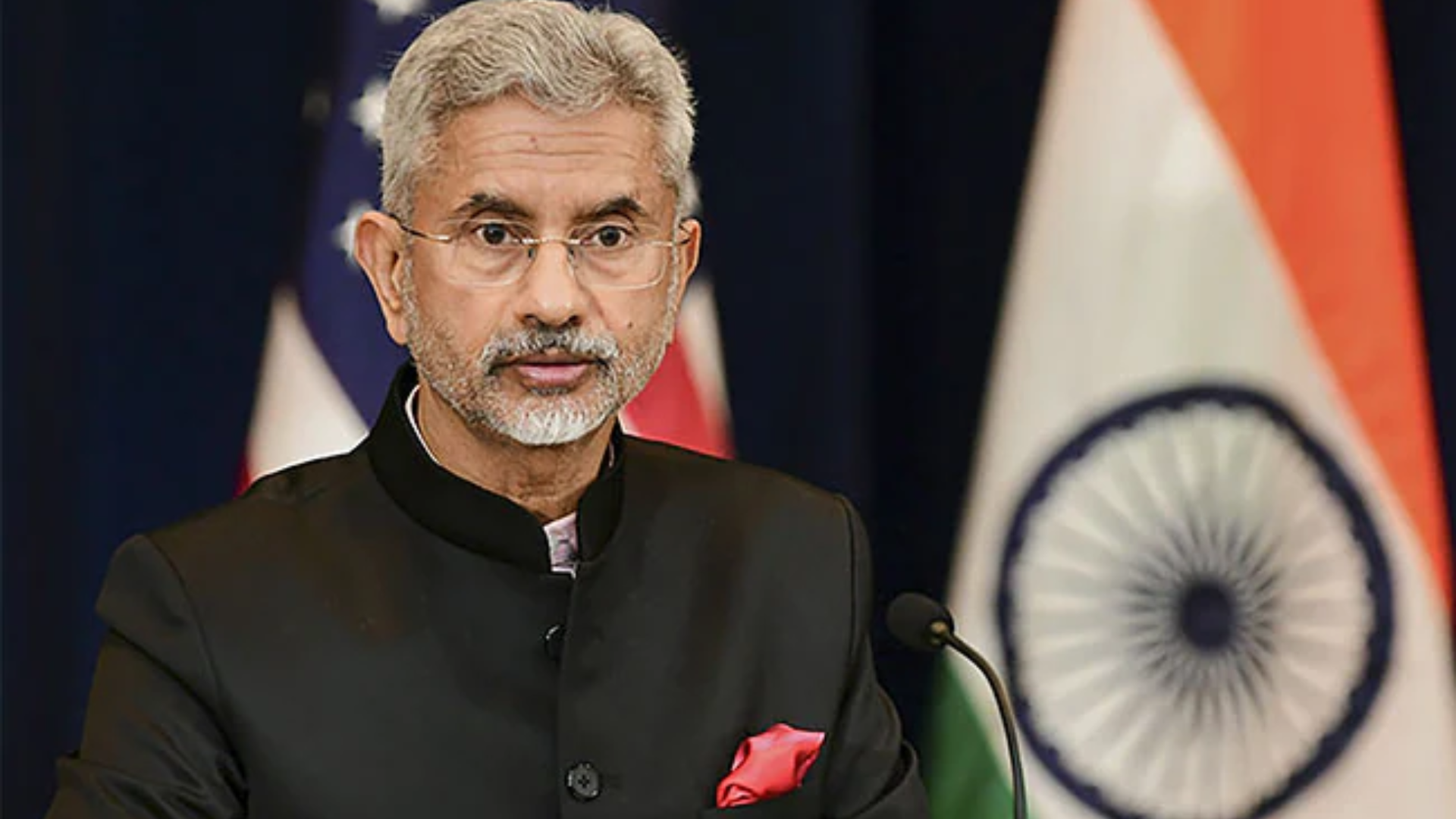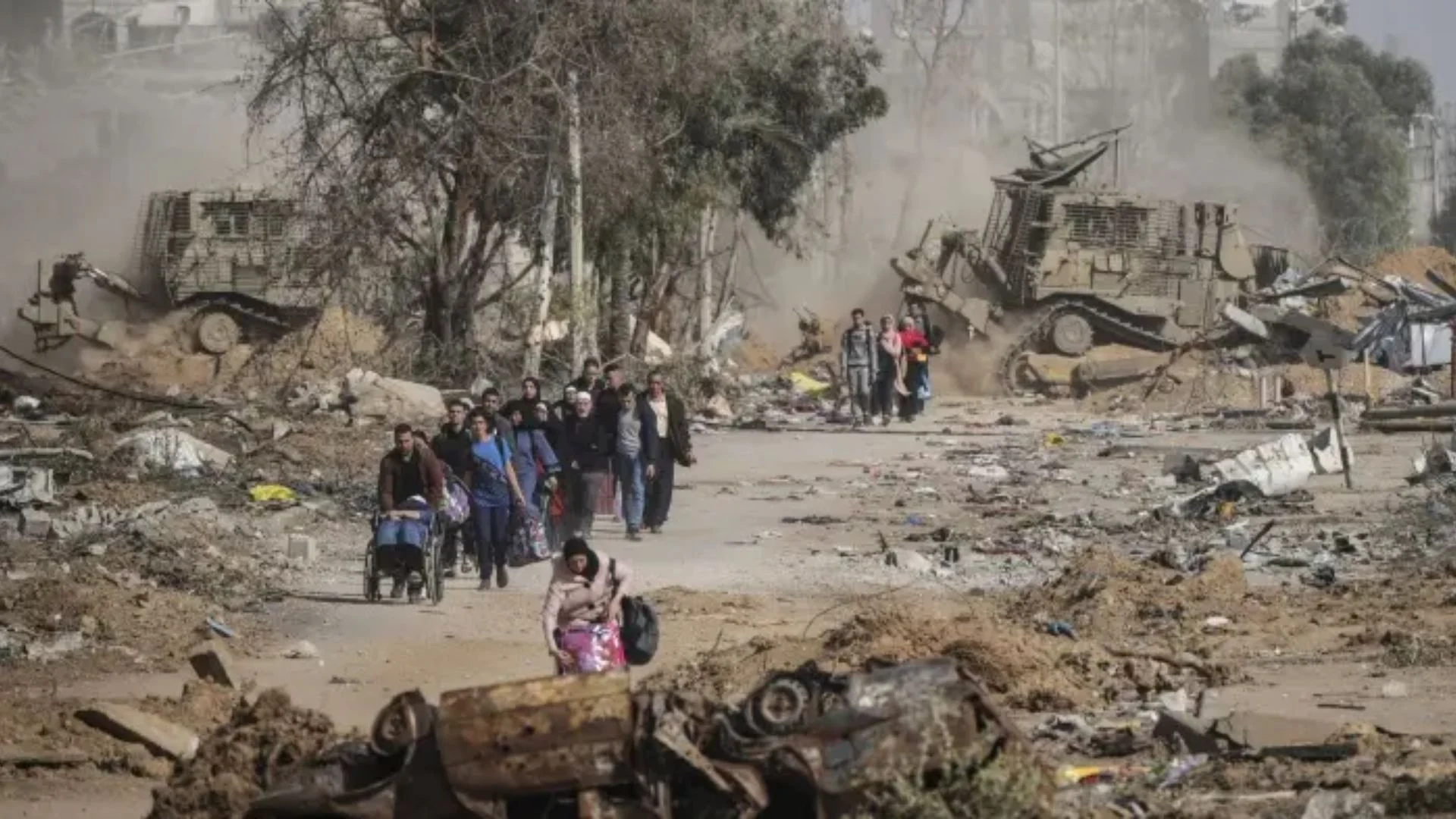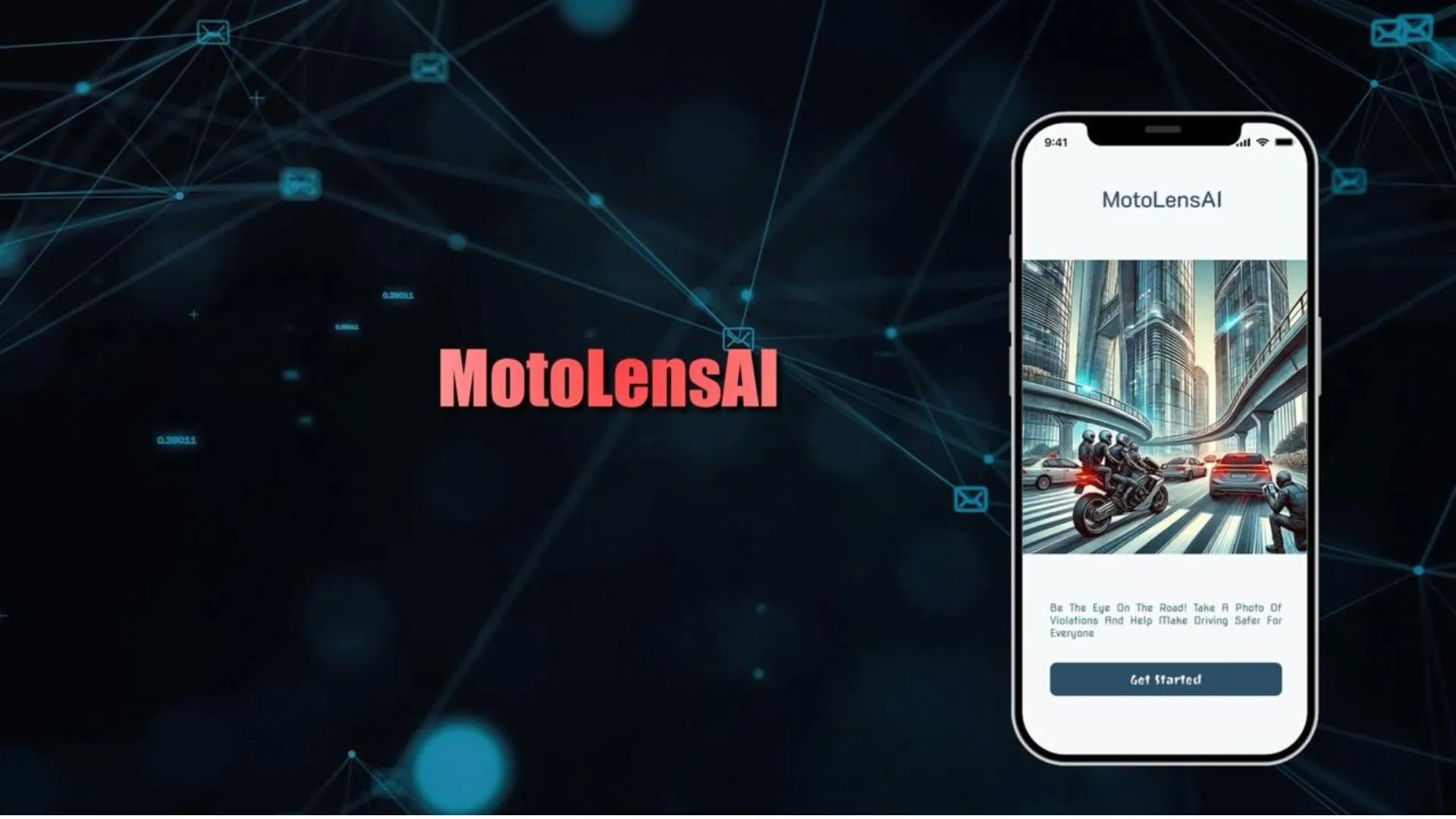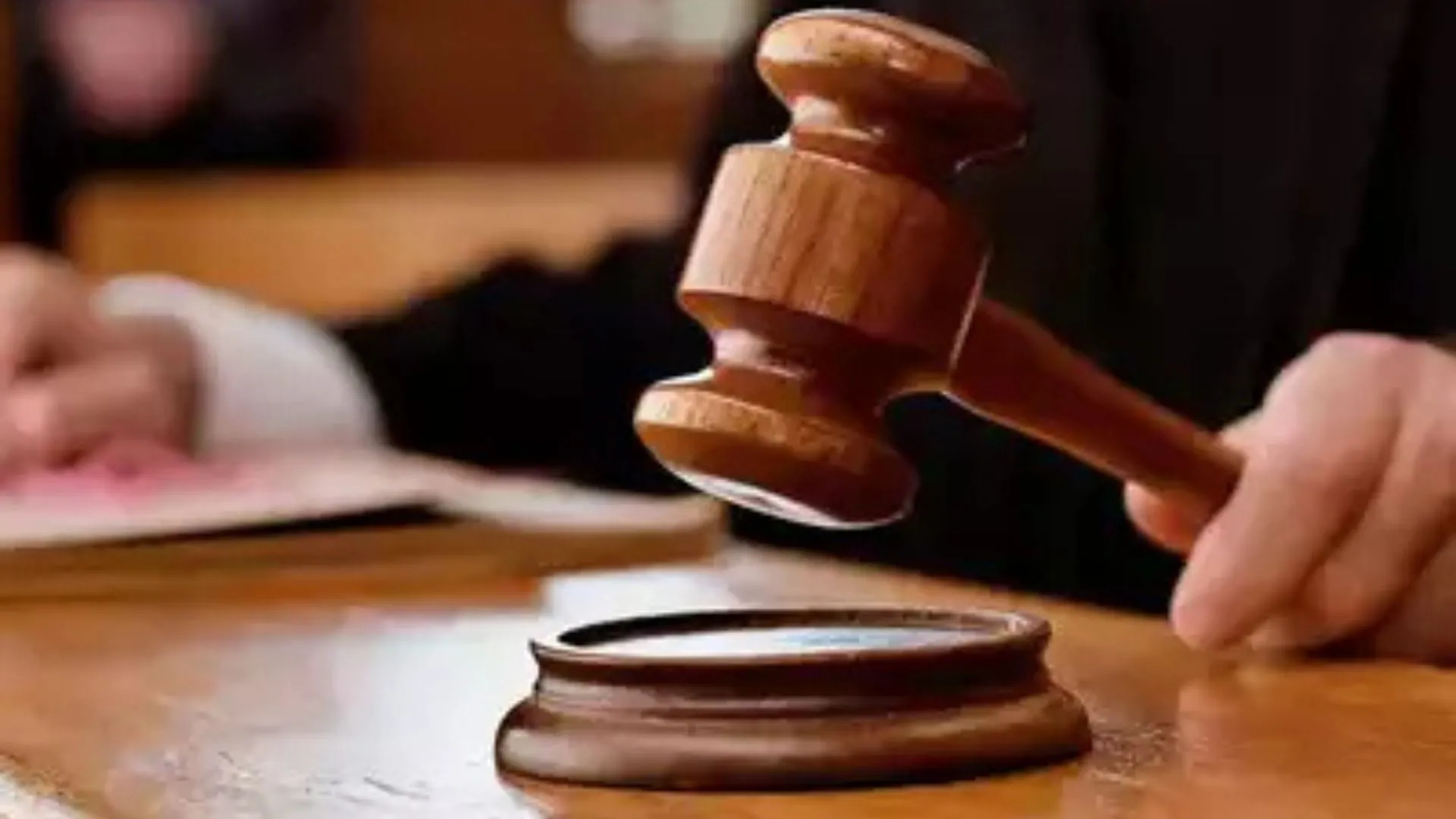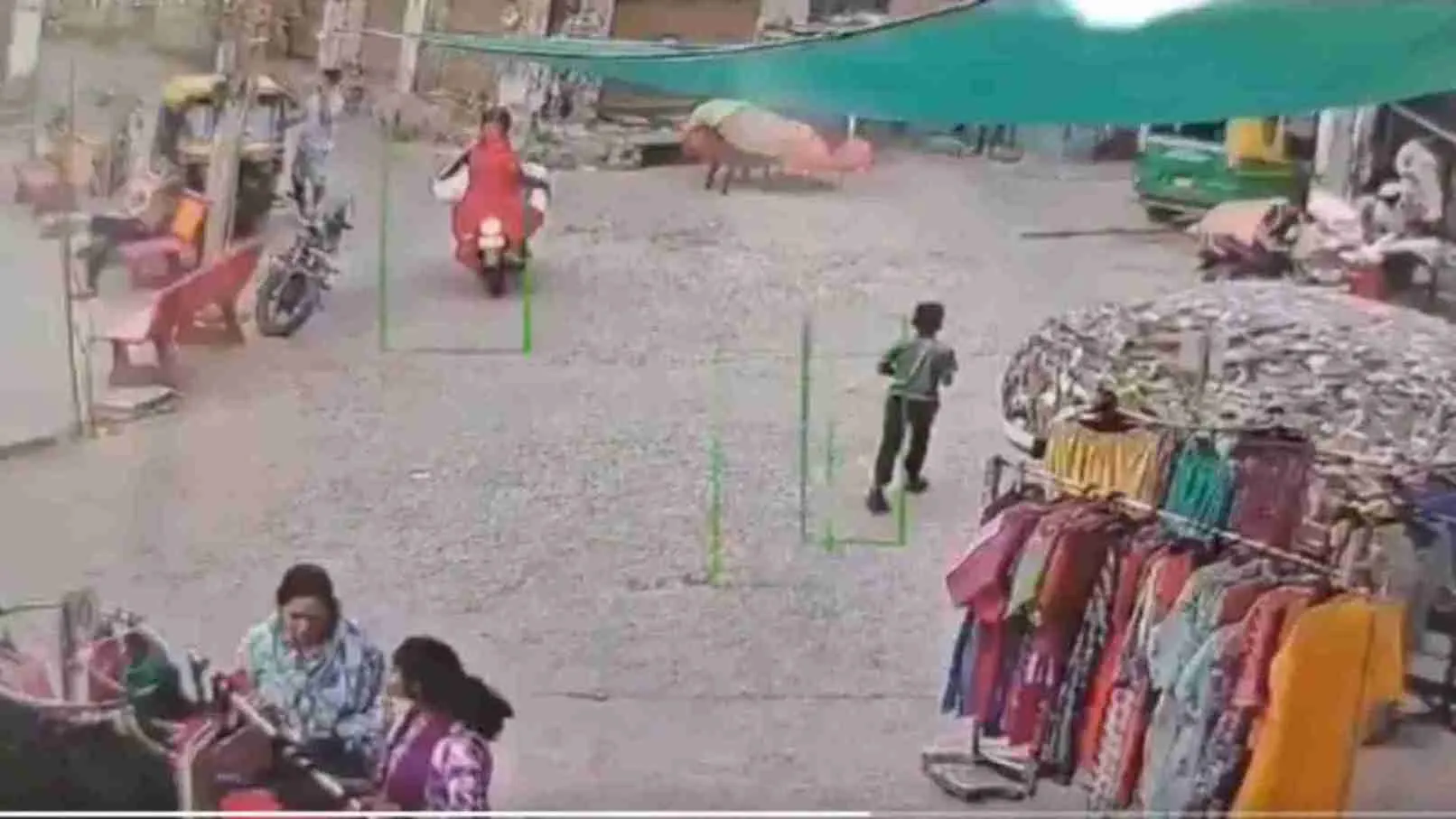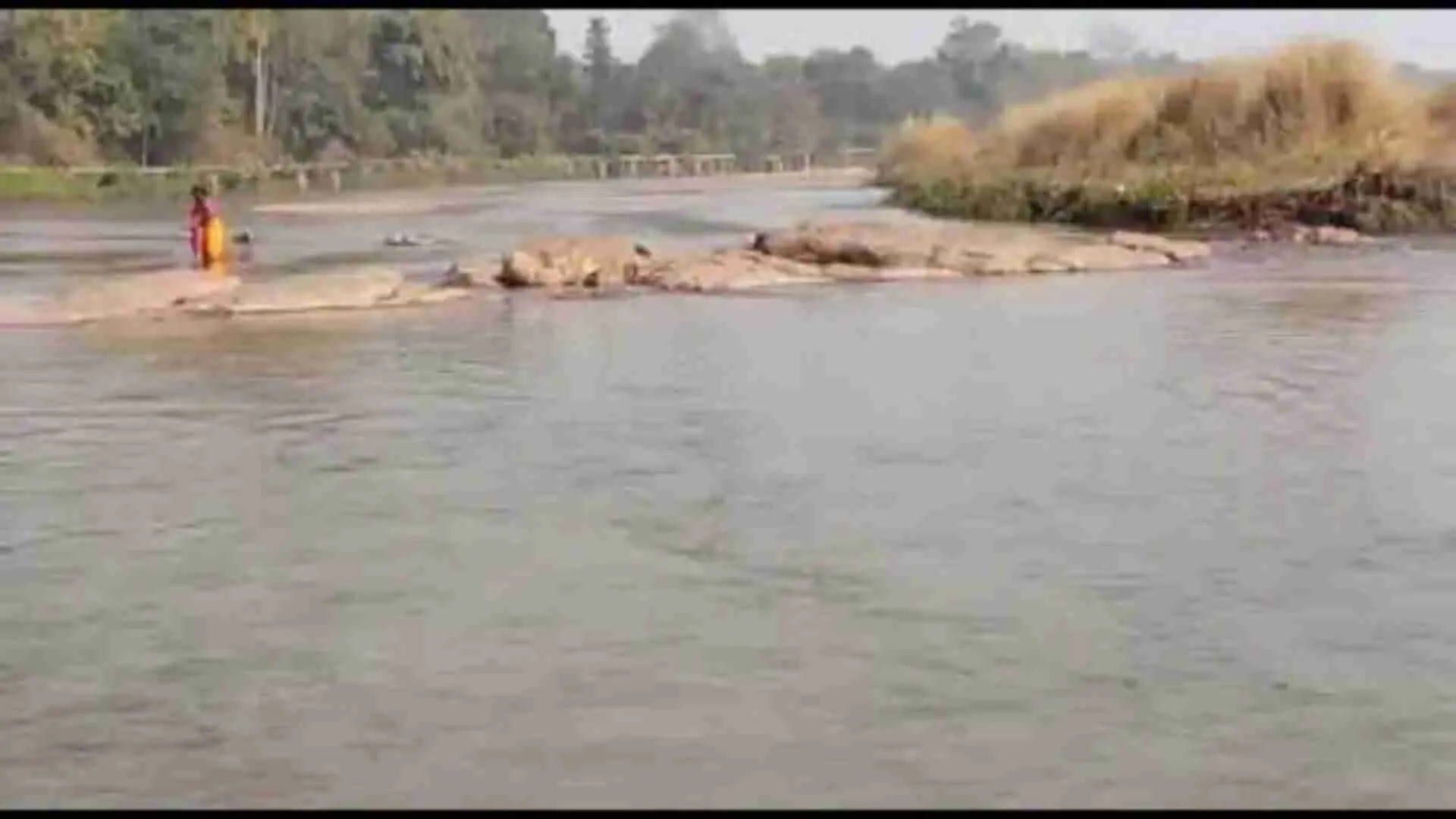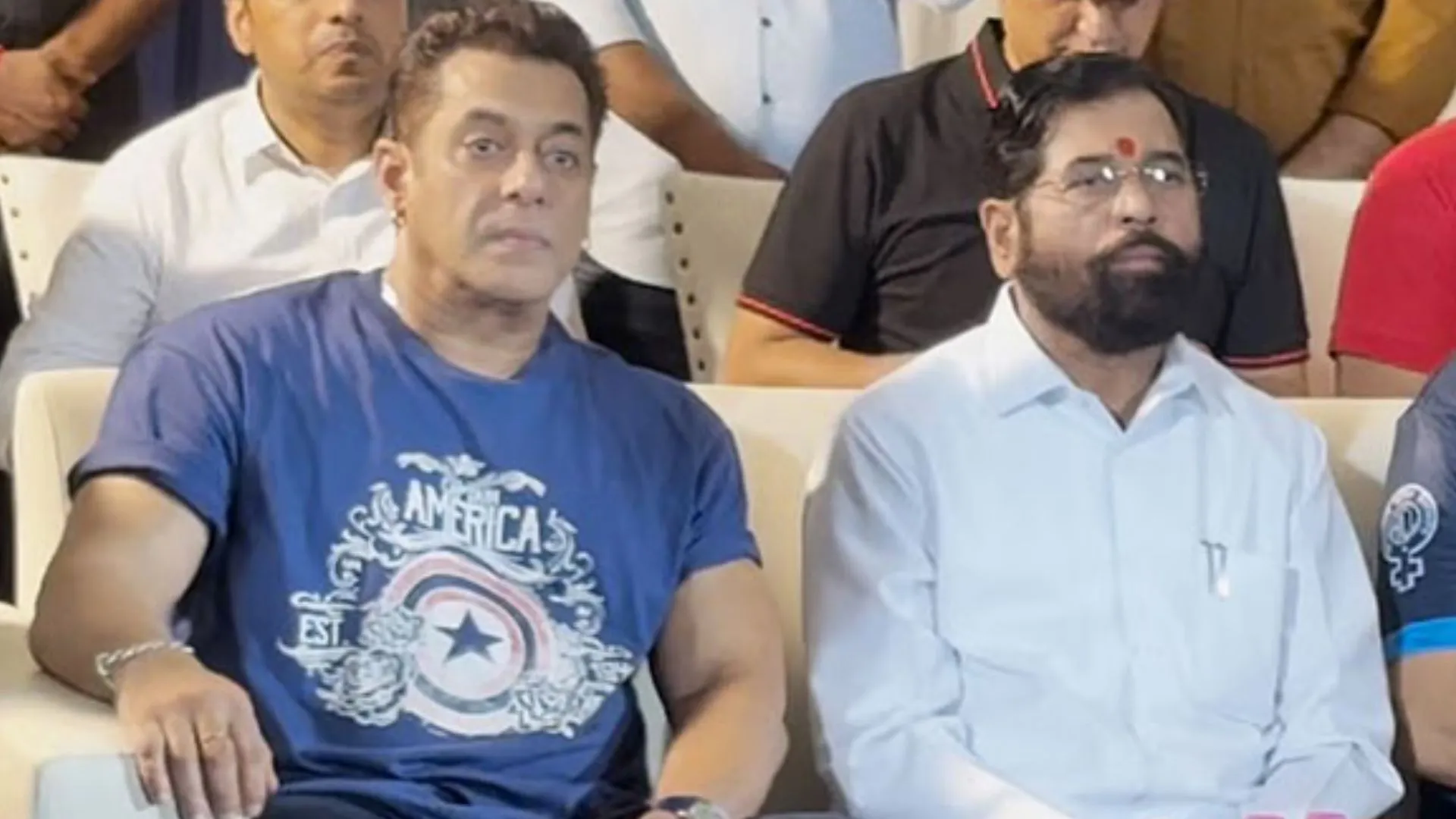In a virtual address at the first ASEAN Future Forum, External Affairs Minister S. Jaishankar emphasized the importance of enhanced cooperation between India and ASEAN countries in shaping the emerging regional architecture of the Indo-Pacific. He expressed India’s support for ASEAN unity, centrality, and the ASEAN outlook on the Indo-Pacific, highlighting that a strong and unified ASEAN can play a constructive role in regional affairs.
“We support ASEAN unity, ASEAN centrality and the ASEAN outlook on Indo-Pacific. India truly believes that a strong and unified ASEAN can play a constructive role in the emerging regional architecture of the Indo-Pacific,” EAM Jaishankar said in a virtual address at the first ASEAN Future Forum on Tuesday.
Jaishankar mentioned the synergy between India’s Indo-Pacific Oceans Initiative (IPOI) and the ASEAN outlook on Indo-Pacific (AOIP), as reflected in joint statements, providing a solid framework for addressing comprehensive security challenges.
Referring to India’s G20 presidency and the Voice of Global South summits, he stressed the need for the Global South to have a greater voice in international affairs. Jaishankar emphasized the growing importance of ASEAN and India in dealing with the realities of a multipolar Asia and world order, calling for increased cooperation and coordination between the two entities.
“We also believe that the time has come for the global south to present its perspective and assume a greater role in international affairs. During our G-20 presidency last year, we held virtual Voice of Global South summits with the participation of several ASEAN member states,” he said.
“Today, a multipolar Asia and a multipolar world are increasingly self-evident. This brings to the fore an ever-important role of ASEAN and India in dealing with the realities of the emerging world order. It underlies the need for greater cooperation and coordination between India and ASEAN,” he added.
Regarding security challenges in the Indo-Pacific, Jaishankar highlighted the significance of upholding the United Nations Convention on the Law of the Sea (UNCLOS) to ensure freedom of navigation, overflight, and unimpeded commerce. He mentioned India’s initiative of Security and Growth for All in the Region (SAGAR), aimed at contributing to peace and stability.
“India’s initiative of security and growth for all in the region SAGAR is aimed at contributing towards peace and stability in the region. Friends, it is vital that freedom of navigation and overflight and unimpeded commerce are respected and facilitated by all. The 1982 UN Convention on the Laws of Seas provides a comprehensive legal framework and serves as the constitution of the seas, one within which all activities in the oceans and seas must be carried out,” the External Affairs Minister said.
Additionally, Jaishankar discussed collective efforts in dealing with climate change, disasters, transnational crimes, terrorism, cyberattacks, human trafficking, and health and food security. He noted the impact of the digital era and artificial intelligence on security concerns, emphasizing the importance of trust and transparency.
The ASEAN Future Forum, held under Vietnam’s presidency, focuses on fostering a cohesive and dynamic ASEAN business community in the digital age, promoting fast and sustainable growth while prioritizing a people-centered ASEAN Community.

